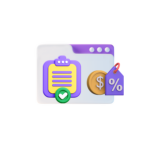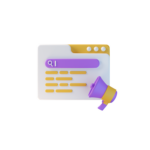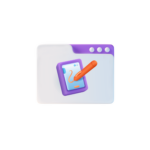Title: Automating Tasks with cPanel: Scripts and Tools for Efficient Website Management
In the dynamic world of web hosting and website management, efficiency is paramount. One tool that has proven to be a game-changer for many is cPanel, a popular web-based hosting control panel. This platform offers a plethora of features to streamline tasks, and one such feature is automation. In this article, we delve into the scripting and tools and techniques available within cPanel to automate tasks, enabling website managers to focus on more critical aspects of their business.
Introduction
cPanel, a Linux-based control panel, simplifies the process of managing a website, making it accessible for users with varying levels of technical expertise. Automation, one of its key features, allows tasks to be executed automatically, reducing human intervention and minimizing errors. This article aims to shed light on various scripting and automation tools within cPanel, empowering users to manage their websites more efficiently.
Understanding cPanel Scripts
Scripts
cPanel scripts are small programs written in languages such as Perl, PHP, and Bash that automate repetitive tasks. They can be used to perform a wide range of functions, from setting up databases to managing email accounts. cPanel comes pre-installed with a vast library of scripts, and users can also create their own scripts to meet specific needs.
Built-in Scripts
cPanel offers a range of built-in scripts, accessible through the ‘Advanced’ section of the cPanel dashboard. Some of these scripts include:
- Backup Wizard: This script automates the process of creating backups of your website files and databases.
- Cron Jobs: Cron jobs allow you to schedule scripts to run automatically at specified intervals.
- File Manager: While not a script in the traditional sense, the File Manager offers an intuitive interface for managing files and directories on your server.
- Remote File Manager: This script allows you to manage files remotely using a web-based interface.
Creating Custom Scripts
For tasks not covered by built-in scripts, users can create their own custom scripts. cPanel provides an interface called ‘Terminal’ for executing commands, which can be used to write and run scripts. Perl and PHP are commonly used languages for writing cPanel scripts.
Automation with Cron Jobs
Cron jobs are perhaps the most powerful automation tool in cPanel. They allow you to schedule scripts to run automatically at specified intervals. This could be anything from running a daily backup to sending out a weekly newsletter.
To create a cron job, navigate to the ‘Cron Jobs’ section in cPanel and enter the details for your job, including the command to be executed, the frequency, and the email address to receive notifications.
Conclusion
Automation with cPanel scripts and tools significantly enhances the efficiency of website management. By automating repetitive tasks, website managers can save time, reduce errors, and focus on more critical aspects of their business. Whether it’s through the use of built-in scripts or custom scripts, cPanel offers a robust set of tools for automating tasks, making it an indispensable tool for any web host or website manager.
In a world where time is of the essence, automation is no longer a luxury; it’s a necessity. With cPanel, the power to automate tasks is at your fingertips, making website management not just manageable but enjoyable. So, embrace the future of web hosting and harness the power of automation with cPanel today.























